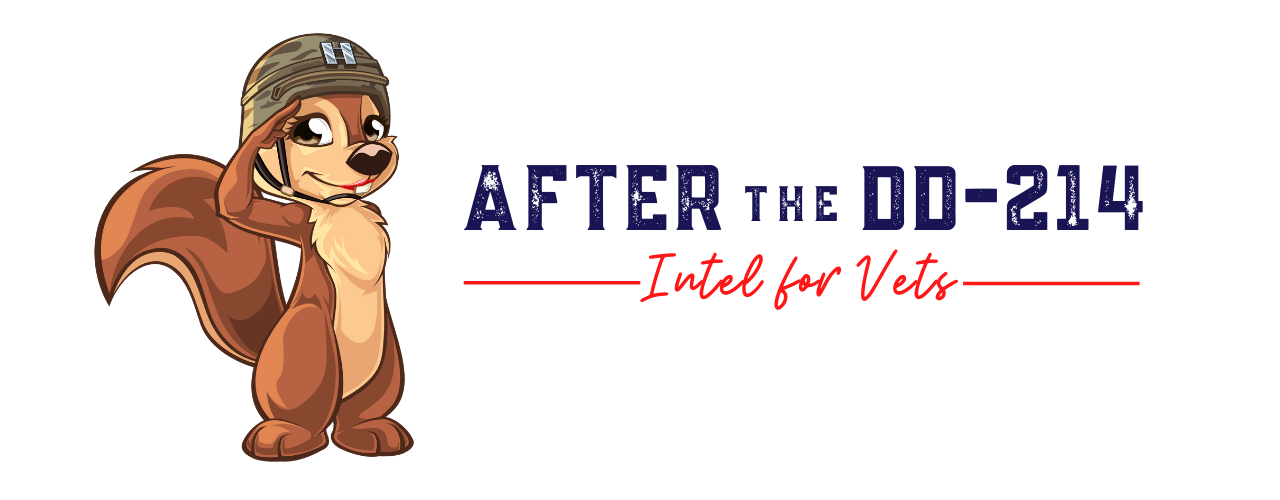We’re talking legal resources this week and today I’m going to be covering The Veterans Consortium Pro Bono Project. A non-profit created in 1992, the consortium was formed by four veterans services organizations – The American Legion, Disabled American Veterans, National Veterans Legal Services Program (which I talked about earlier this week), and Paralyzed Veterans of America. It was designed to train legal counsel on how to represent veterans in front of the U.S. Court of Appeals for Veterans Claims, as well as pair veterans with pro bono legal representation.
When the VA decides a claim, a veteran (or qualifying family member) has the opportunity to appeal it. This initial appeal goes through the Board of Veterans’ Appeals (BVA), which is an internal VA board that reviews appeals. If you aren’t satisfied with the BVA’s response, then you can file an appeal with the U.S. Court of Appeals for Veterans Claims, which is an external, independent judicial agency that will examine the case and make a determination. Just as in any other court, when a case comes in front of the court, there are generally lawyers involved. In this case, the VA brings its lawyer and the veteran is responsible for his/her lawyer. Lawyers, of course, can be expensive, so this is where the consortium comes in.
In order to qualify for representation by the consortium, a veteran has to meet a couple of requirements. First, he/she has to have gone through the process I just mentioned with the BVA. Then there are two more requirements:
- Proof of financial hardship – Filing an appeal with the court costs $50. If you can’t pay that, you can file a “Declaration of financial hardship” to get the filing fee waived. If the court approves your waiver, that is enough proof for the consortium that you have a financial hardship. If you did not file the declaration or the court denied it, then the consortium will ask for information about your financial situation, so it can determine if you meet this requirement.
- Meritorious issue – Secondly, your case has to have what they call one “meritorious issue.” That is basically one good reason why your case might be worth fighting for. This issue can be “procedural or substantive” – meaning it could be something VA did wrong, like not following the rules, or it can be based on the facts in your claim.
Once the consortium reviews your case and determines that you meet the requirements, they will pair you with a lawyer. The lawyers who volunteer through the consortium will not charge a veteran for their services, nor will they take any of the funds the veteran may be awarded by the court. If the consortium decides not to take your case, it will provide you with an explanation why not and give you other possible avenues.
If you’re not quite to this point in the appeal process yet, or if you’re looking for a different type of legal advice, their website can still help you out. Here are some of the useful things available there:
- Three informational videos that explain 1) the consortium and what services it provides, 2) what is involved in filing an appeal and 3) the basic process an appeal will follow and what the veteran can expect. The videos are easy to follow and tell each step, explain VA and court jargon, and give additional resources. And there’s even a PDF document that takes you step-by-step through the process and offers answers to some of the most frequently asked questions.
- Their resources page includes details on the BVA process, a link to a copy of the declaration I mentioned above, and a number of other useful links, such as a list of lawyers who are certified to practice in front of the U.S. Court of Appeals for Veterans Claims.
- Many law schools around the country offer law clinics, where students, supervised by certified faculty, assist veterans with legal issues. Some offer assistance with civilian matters, such as estate planning. Others offer assistance and representation in front of the U.S. Court of Appeals for Veterans Claims. And a few even offer aid with criminal charges. The Veterans Consortium Pro Bono Project keeps an updated list, available on their site, of law schools which provide this service, their contact information, and, in some cases, a short description of which services they provide.
You can find out more about the consortium on their website.
© 2014 – 2019, Sarah Maples LLC. All rights reserved.

No Comments